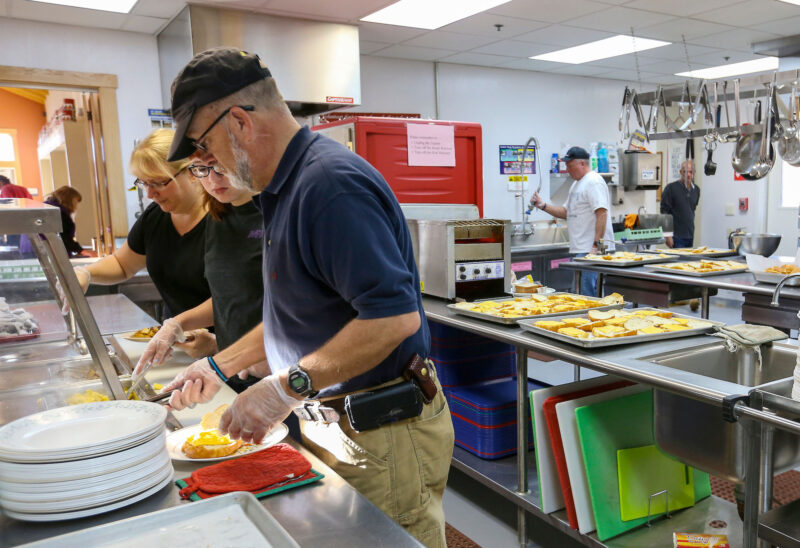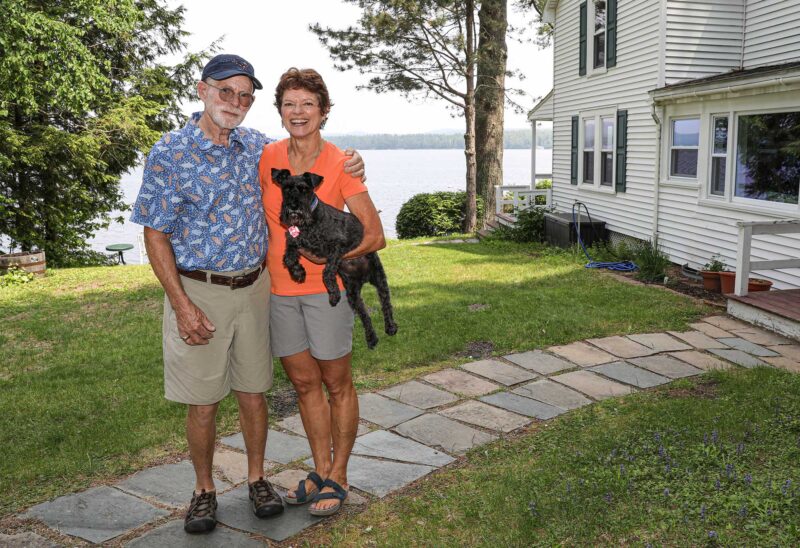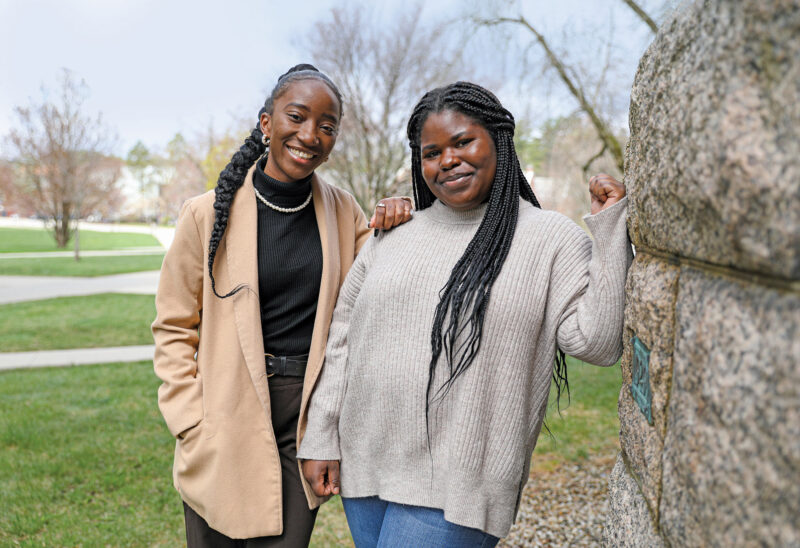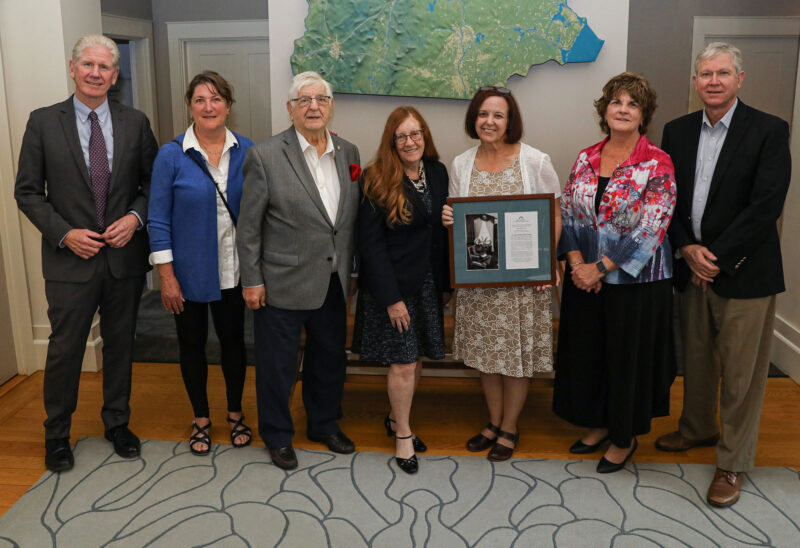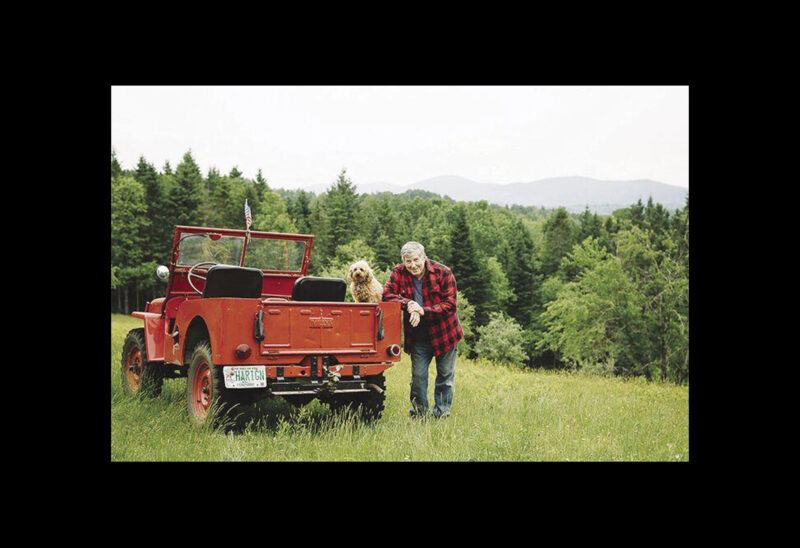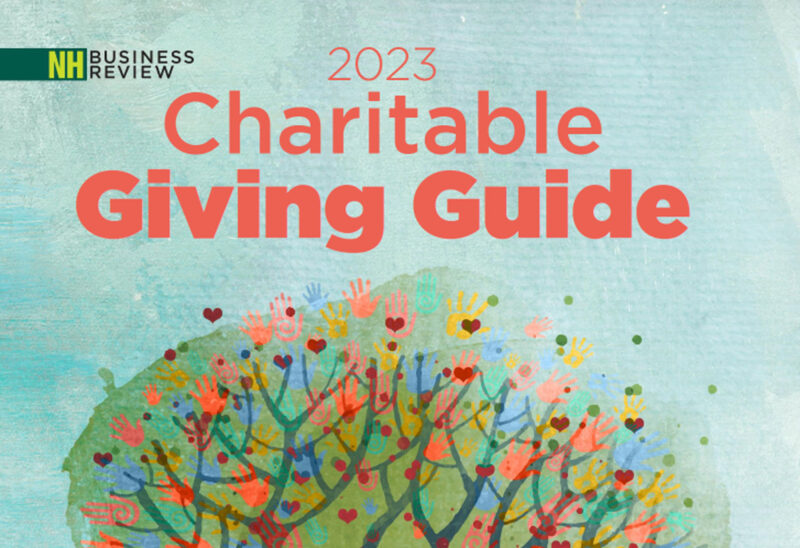William Tuthill was in his mid-20s when he came out to his parents in 1985.
His parents became fervent allies to him, and to LGBTQ youth in general — speaking in schools and in the press, helping start a local chapter of PFLAG. They eventually opened a donor-advised fund at the Charitable Foundation in his honor, named the Respect for All Youth Fund, to support projects and organizations serving LGBTQ youth, young people of color and those from struggling families.
When Foundation staff received a proposal from Big Brothers Big Sisters of New Hampshire and Seacoast Outright for a new partnership to better serve LGBTQ youth, they brought it to Tuthill and his brothers, who now advise that fund.
“It was very heartening to see Big Brothers Big Sisters focus specifically on LGBTQ youth,” Tuthill said. “My brothers and I were immediately on board and thrilled that the Foundation had found this.” They recommended a grant from their fund for the full amount requested by the organizations.
The new project, called PRISM (for Pride, Respect, Identity, Safety, Mentoring) is giving all mentors information and training on how to handle conversations about gender identity and sexual orientation with compassion and appropriate language.
JoAnna Kelley has been involved with Big Brothers Big Sisters since she was a seven-year-old “Little.” When Kelley got married recently, her “Big” walked her down the aisle. Kelley signed up to be a Big Sister right after she finished college.
When Kelley’s teenage “Little,” with whom she has been matched for almost six years, came out to her recently as transgender, she knew she needed some resources and guidance to be the best ally she could.
“My biggest thing was, I want to be educated. I always wanted to be the best advocate I can for him — on anything. But I was nervous…what do we do? I spent a lot of time on the phone with my match support” specialist from Big Brothers/Big Sisters.
Kelley is glad that the new program will give mentors proactive education and training.
“For me, all that has changed is that he is more comfortable in his skin and he knows who he is,” Kelley said of her “Little.”
Big Brothers Big Sisters has seen an increase in young people asking questions about gender identity and sexual orientation — and wanted to make sure that their mentors were ready to field those questions with empathy and understanding, and to be strong allies for their “Littles.”
“Every child needs to know they have someone who has no biases toward them,” said Jen McLeay of Big Brothers Big Sisters, who is overseeing the
program. “It’s important that they know that they’re not alone.”
The moment when a child asks questions or comes out to a trusted adult is a potentially perilous one — and how that adult responds matters.
If any kid can get the kind of support they need that early and not spend their teenage years in silence and shame, that’s a win. If it makes a difference in one person’s life, it’s all worth it.–William, Tuthill, Foundation donor-advised fund holderTweet This
“If the mentor has the background and the training and the emotional intelligence and the vocabulary, the trajectory [of a young person’s life] can turn on that encounter,” Tuthill said. “And that’s why this makes it all worth it.”
LGBTQ youth are especially in need of compassionate and competent adult support: Overall youth suicide rates have increased in the U.S. in the past decade; LGBTQ youth are more than four times as likely as their cisgender and heterosexual peers to attempt suicide. [Suicide is not the answer. If you, or a loved one, are thinking about suicide, please call the Trevor Project, a national 24-hour, toll-free confidential suicide hotline for LGBTQ youth. Call 1-866-488-7386 to connect with a trained counselor.]
“Our goal is to see that statistic change,” said Hershey Hirschkop, executive director of Seacoast Outright. “They are all by themselves out there, and this will give them someone to talk to.” Seacoast Outright is referring kids who need mentors to Big Brothers Big Sisters, and helping to recruit mentors for the program. A grant from the Tuthills’ fund, in partnership with the Foundation for Seacoast Health, will also support a part-time program officer at Seacoast Outright focused specifically on the mental health needs of kids and families.
The pandemic necessarily shifted how “Bigs” and “Littles” spend time together. A grant from the Respect for All Youth Fund is also helping Seacoast Outright keep young people engaged in online programming while in-person meetings are not possible.
Big Brothers Big Sisters plans to take the training statewide after the pilot on the Seacoast.
William Tuthill remembers his own adolescence — and what a difference it would have made to have a trusted adult to help him navigate those years.
“If that had been available it would have been a really good thing,” he said. “Anything that lessens the isolation and the feelings of being different and alone.”
Kelley and her “Little” go for walks together, play chess (online now) and eat a lot of frozen yogurt. And, she said with a broad smile, she tells him this a lot: “I will love you no matter what. You are stuck with me forever.”
“If any kid can get the kind of support they need that early and not spend their teenage years in silence and shame, that’s a win,” William Tuthill said. “If it makes a difference in one person’s life, it’s all worth it.”

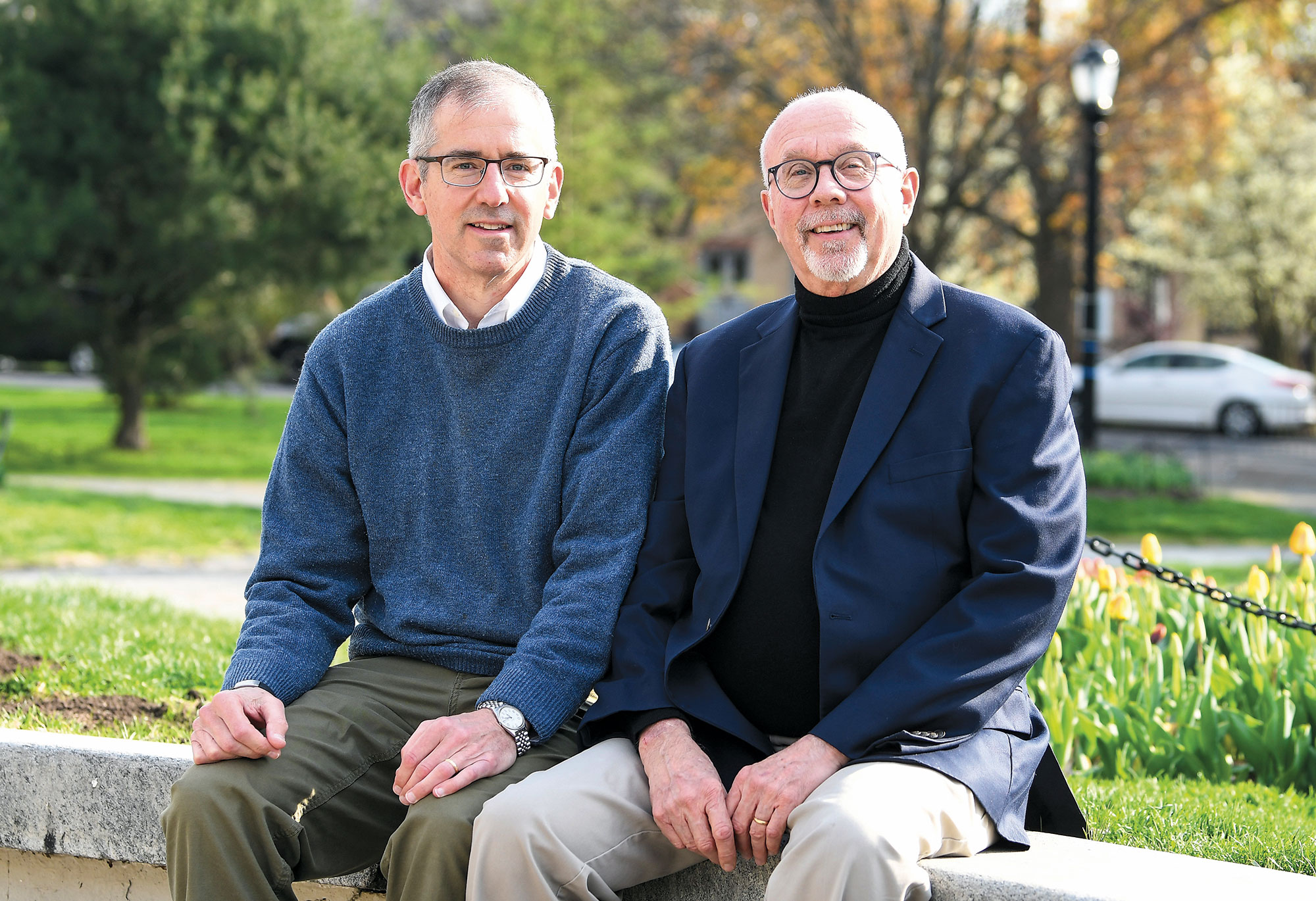






![Oluwakemi Olokunboyo of Dover received a McNabb scholarship to study nursing at Great Bay Community College [Photo by Cheryl Senter]](https://www.nhcf.org/wp-content/uploads/2024/05/Scholarship-Hero-800x548.jpg)
![Indrika Arnold, Senior Wealth Advisor, the Colony Group [Photo by Cheryl Senter]](https://www.nhcf.org/wp-content/uploads/2024/05/Indrika-Arnold-Hero-800x534.jpg)

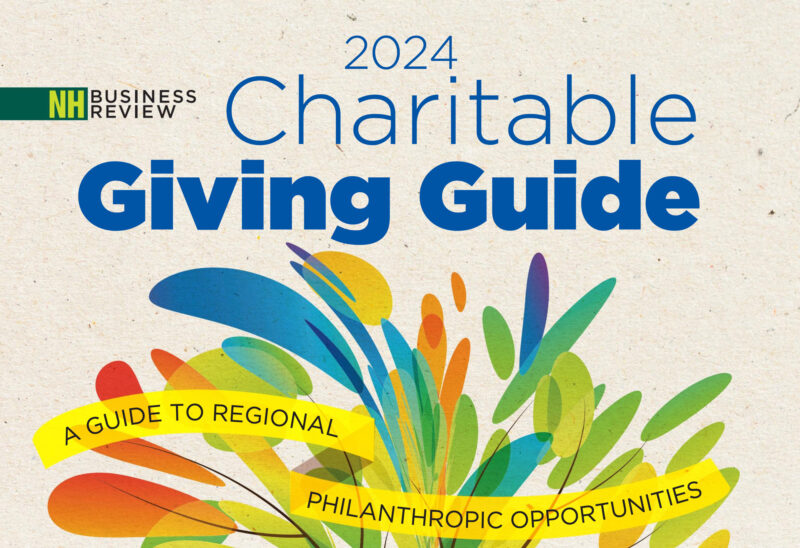
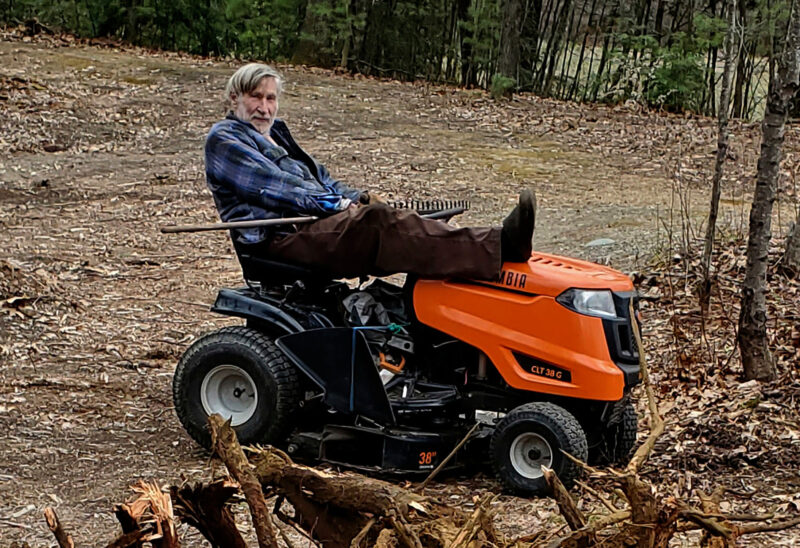
![Charitable Foundation President Dick Ober [Photo by Cheryl Senter]](https://www.nhcf.org/wp-content/uploads/2023/12/dick-ober-purpose-fall-winter-2023-800x548.jpg)
